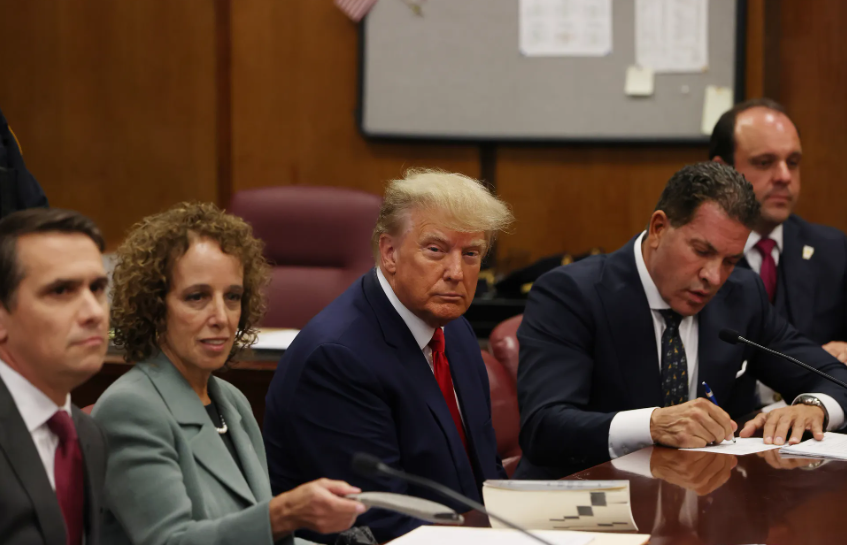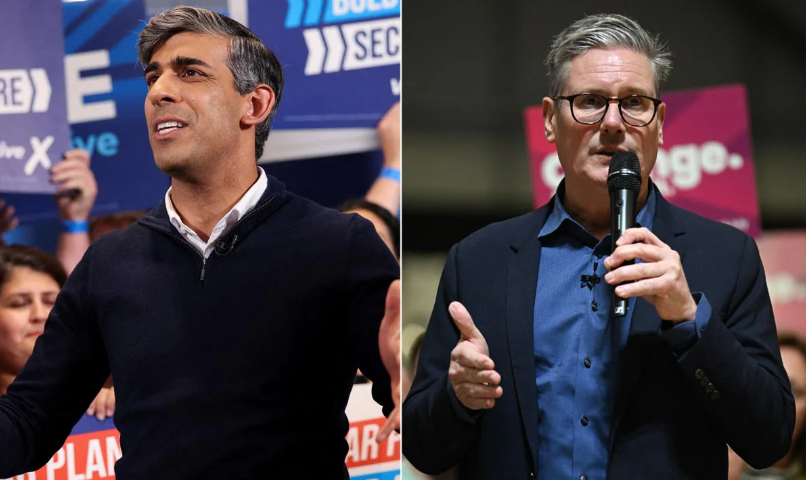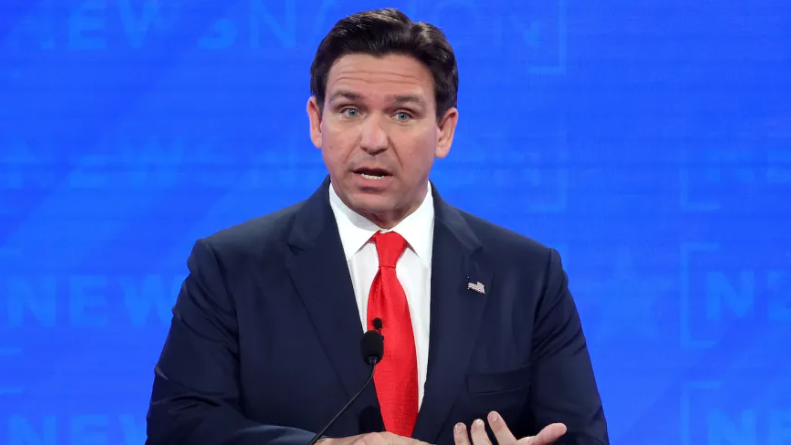In a significant legal development, a federal appeals court has rejected former President Donald Trump’s claim of absolute immunity from a New York state investigation into his financial dealings. The decision marks a pivotal moment in the ongoing legal battles surrounding Trump’s financial records and sets the stage for a potential Supreme Court showdown.
The ruling by the U.S. Court of Appeals for the Second Circuit deals a blow to Trump’s efforts to shield his financial records from scrutiny. The investigation, led by Manhattan District Attorney Cyrus Vance Jr., seeks to obtain Trump’s tax returns and other financial documents as part of a probe into possible financial crimes, including tax fraud and insurance fraud.
Trump had argued that he was entitled to absolute immunity from state criminal investigations while in office, a claim that his legal team has vigorously defended. However, the appeals court dismissed this argument, affirming a lower court’s decision that rejected Trump’s immunity claim.
The three-judge panel unanimously held that “the President is not entitled to absolute immunity from the issuance of a grand jury subpoena directing a third party to produce non-privileged material, even when the subject matter under investigation pertains to the President.”
The court’s decision underscores the principle that no one, including the President, is above the law. It affirms the authority of state prosecutors to investigate allegations of criminal conduct, even if they involve a former president.
The ruling also has broader implications for the balance of power between the federal government and the states. It reaffirms the authority of state law enforcement agencies to pursue investigations independently of federal oversight, particularly in matters involving potential violations of state law.
However, Trump’s legal team is expected to appeal the decision to the Supreme Court, setting the stage for a potential landmark ruling on presidential immunity. The high court, which now includes several justices appointed by Trump himself, could ultimately determine the scope of presidential immunity and the extent to which a former president can be subject to state criminal investigations.
The outcome of this legal battle could have far-reaching consequences for the future of presidential accountability and the rule of law in the United States. As the case moves forward, it will continue to draw intense scrutiny and debate from legal experts, political commentators, and the public at large.



